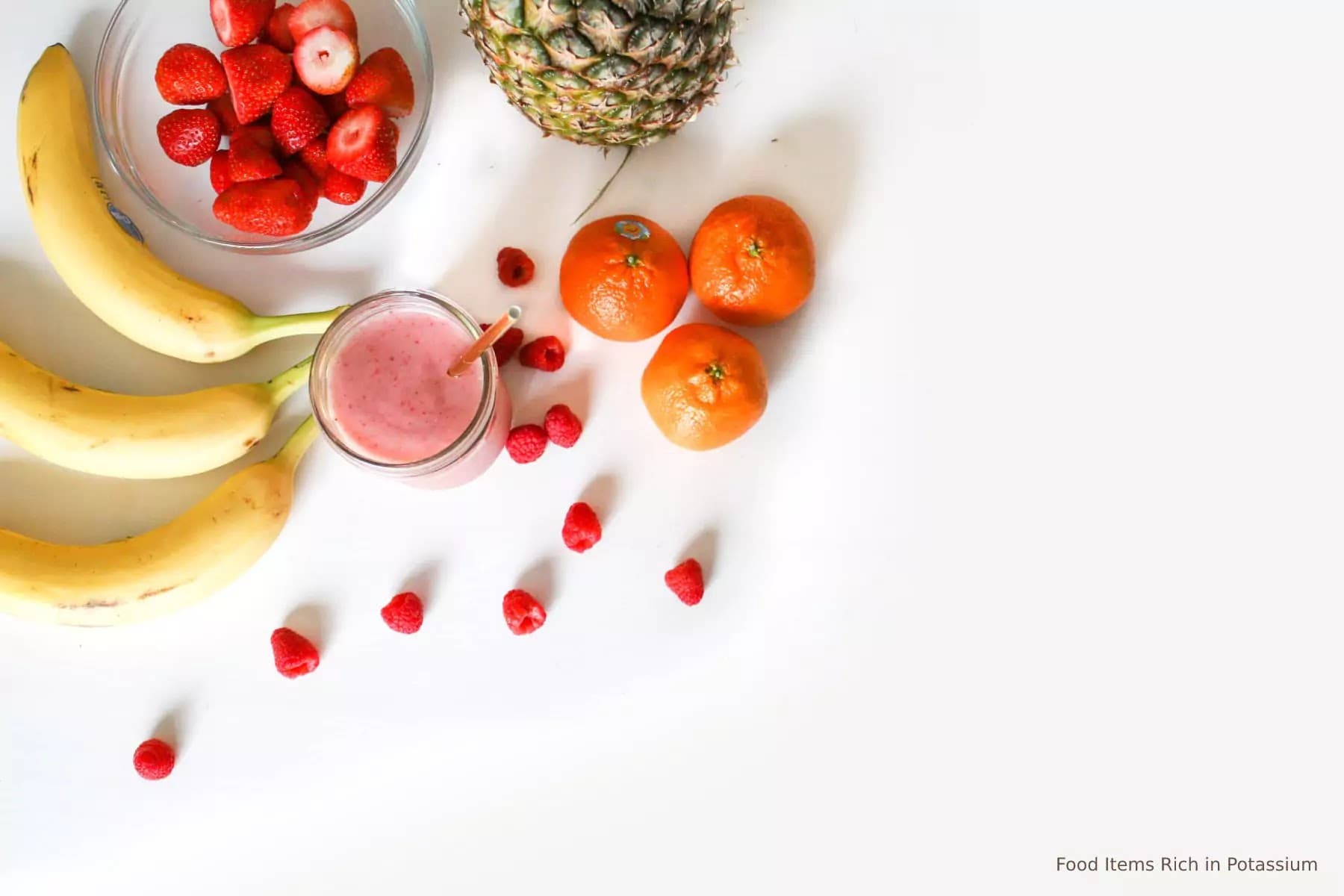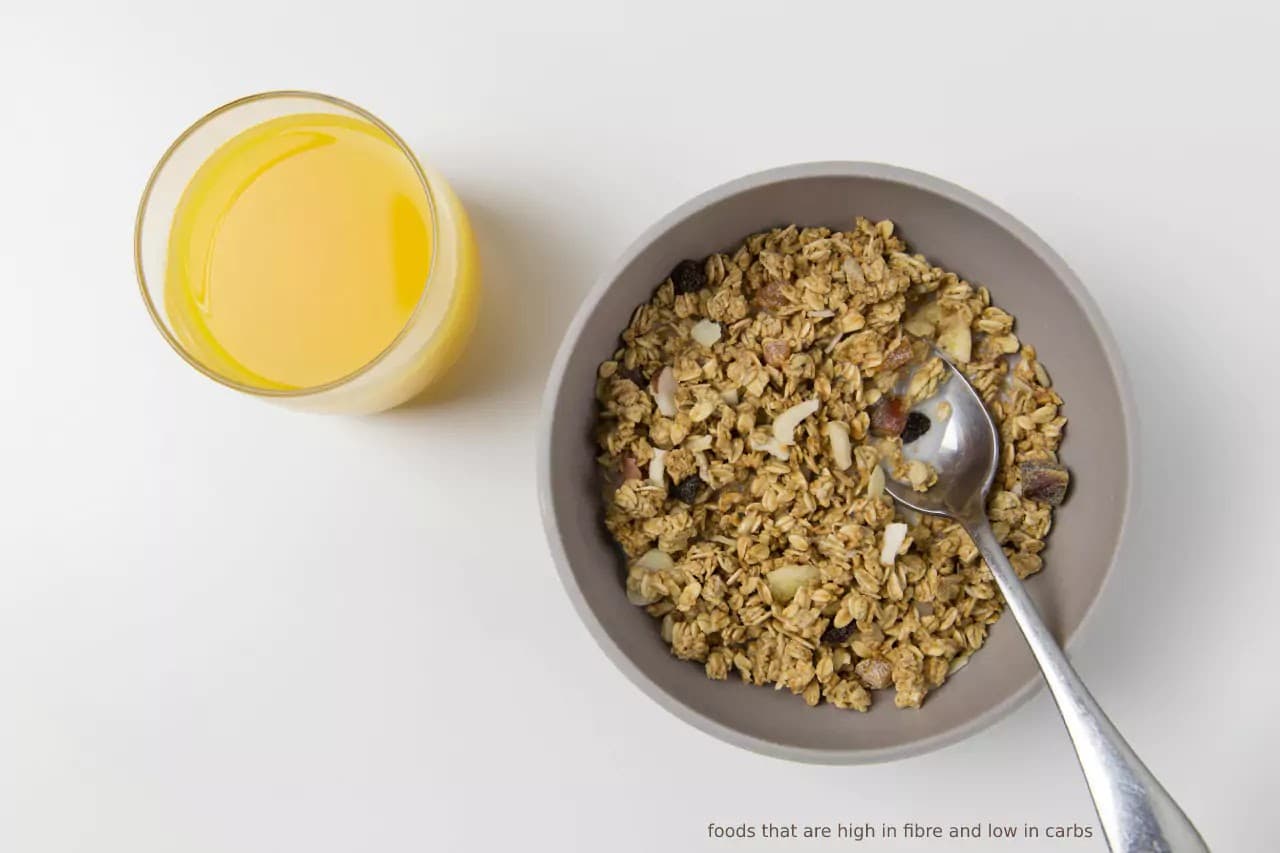Food Items Rich in Potassium | Nutrition Source
Jul 27, 2024 12:00 AM
Health

Wellnession.com - In the pursuit of a nutritionally sound and well-balanced diet, the incorporation of food items rich in potassium becomes a strategic cornerstone. Potassium, an essential mineral and electrolyte, plays a fundamental role in maintaining several key physiological functions within the human body.
From facilitating optimal heart and muscle function to regulating fluid balance and promoting nerve transmission, potassium is integral to the intricate tapestry of human health. This exploration into food items abundant in potassium serves as a comprehensive guide to unlocking a diverse range of nutritional sources.
From leafy greens and fruits to legumes and nuts, these potassium-rich options not only enhance the flavor profile of meals but also offer a wealth of health benefits. Join us on a journey of nutritional discovery, as we delve into the varied and nutrient-dense world of food items rich in potassium, establishing them as an essential nutrition source for fostering overall well-being.
Table of Contents
What about potassium?
Potassium, denoted by the symbol K on the periodic table, is a vital mineral and electrolyte that plays a foundational role in maintaining physiological equilibrium within the human body. As one of the essential nutrients, potassium is integral to various cellular and molecular processes. Its primary functions include regulating fluid balance, supporting nerve impulses, and ensuring proper muscle contraction, including the crucial heartbeat rhythm.
Found predominantly within cells, potassium operates in concert with sodium to maintain cellular integrity and electrical potential. The body's intricate balance of potassium is essential for overall health, impacting cardiovascular stability, muscular coordination, and optimal nerve signaling. As a crucial electrolyte, potassium underscores its significance in contributing to the maintenance of critical bodily functions, making it an indispensable component of a balanced and health-conscious diet.
| Also Read: Cereal Without Folic Acid - Crispy, Crunch |
Food Sources Rich in Potassium
Potassium content can be found in several foods such as daily food, vegetables, grains and fruit. The following are food sources that contain high levels of potassium:







